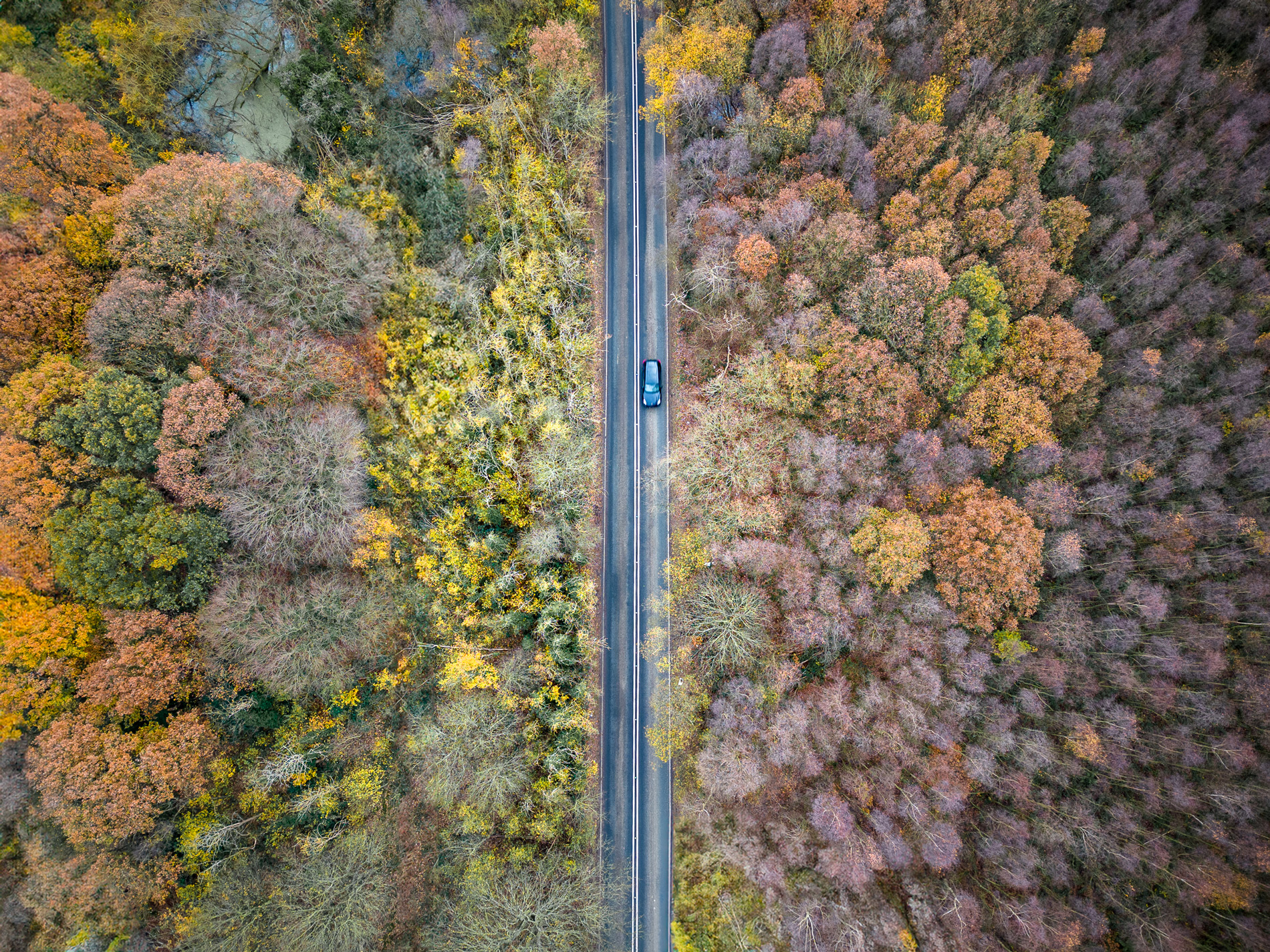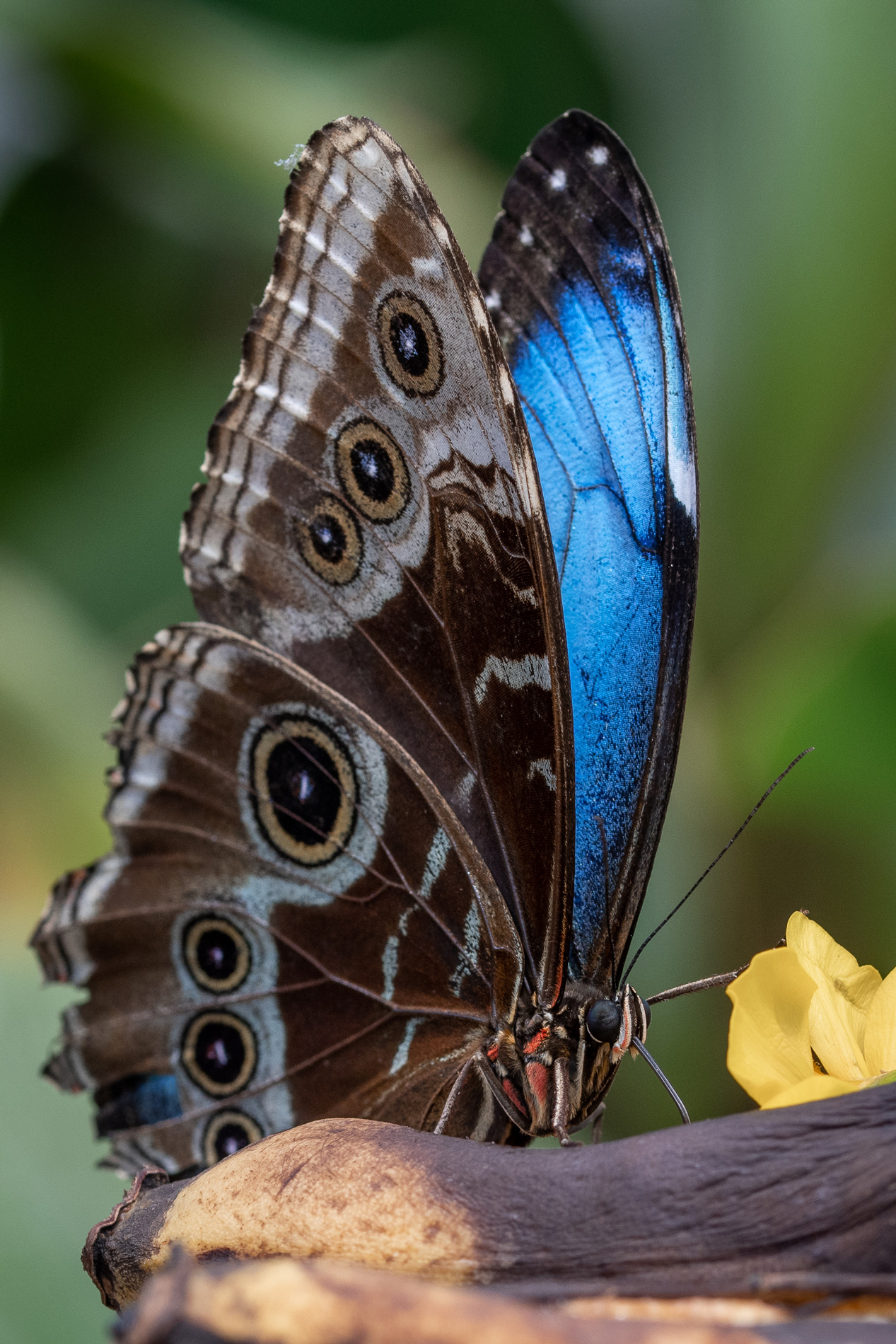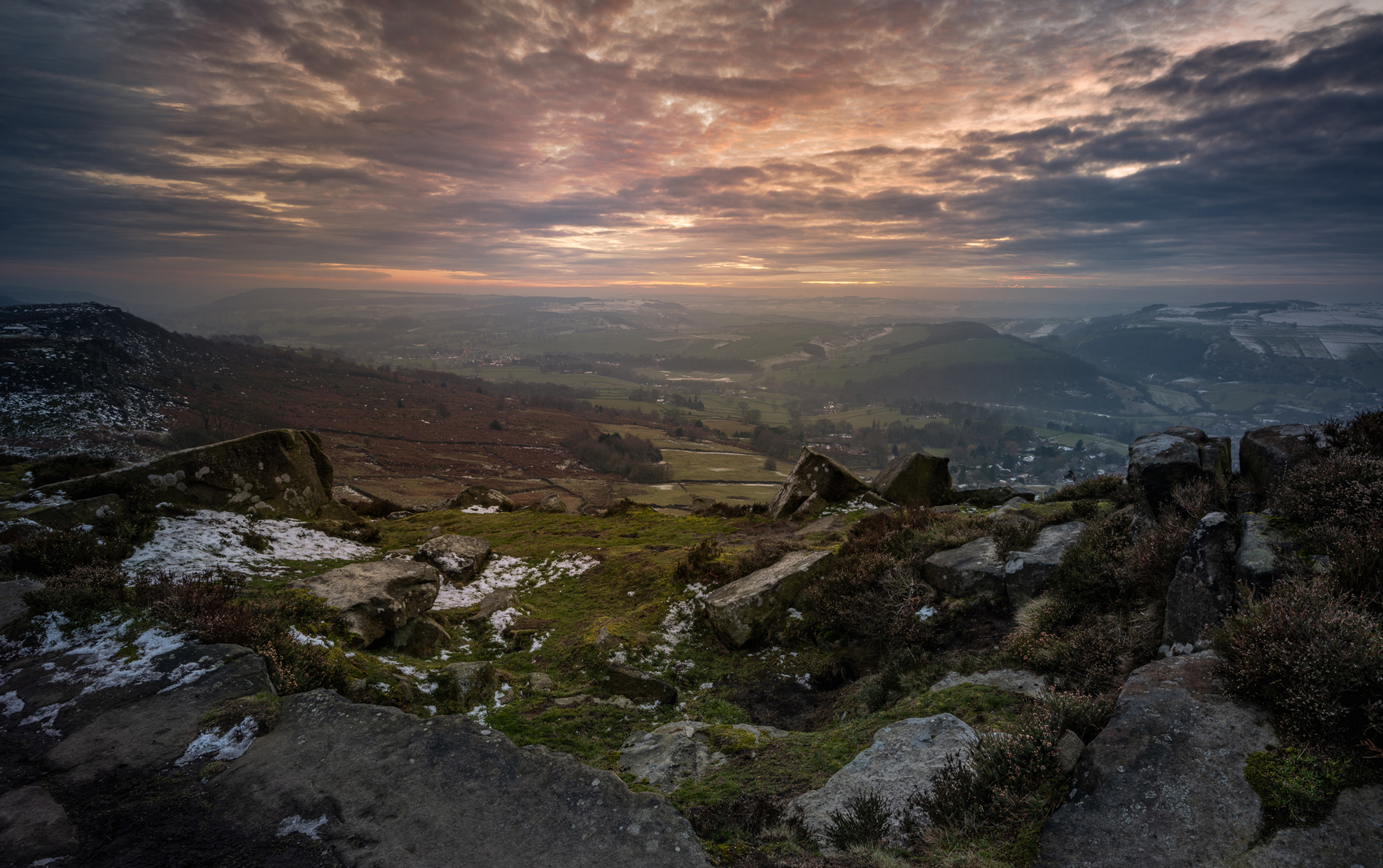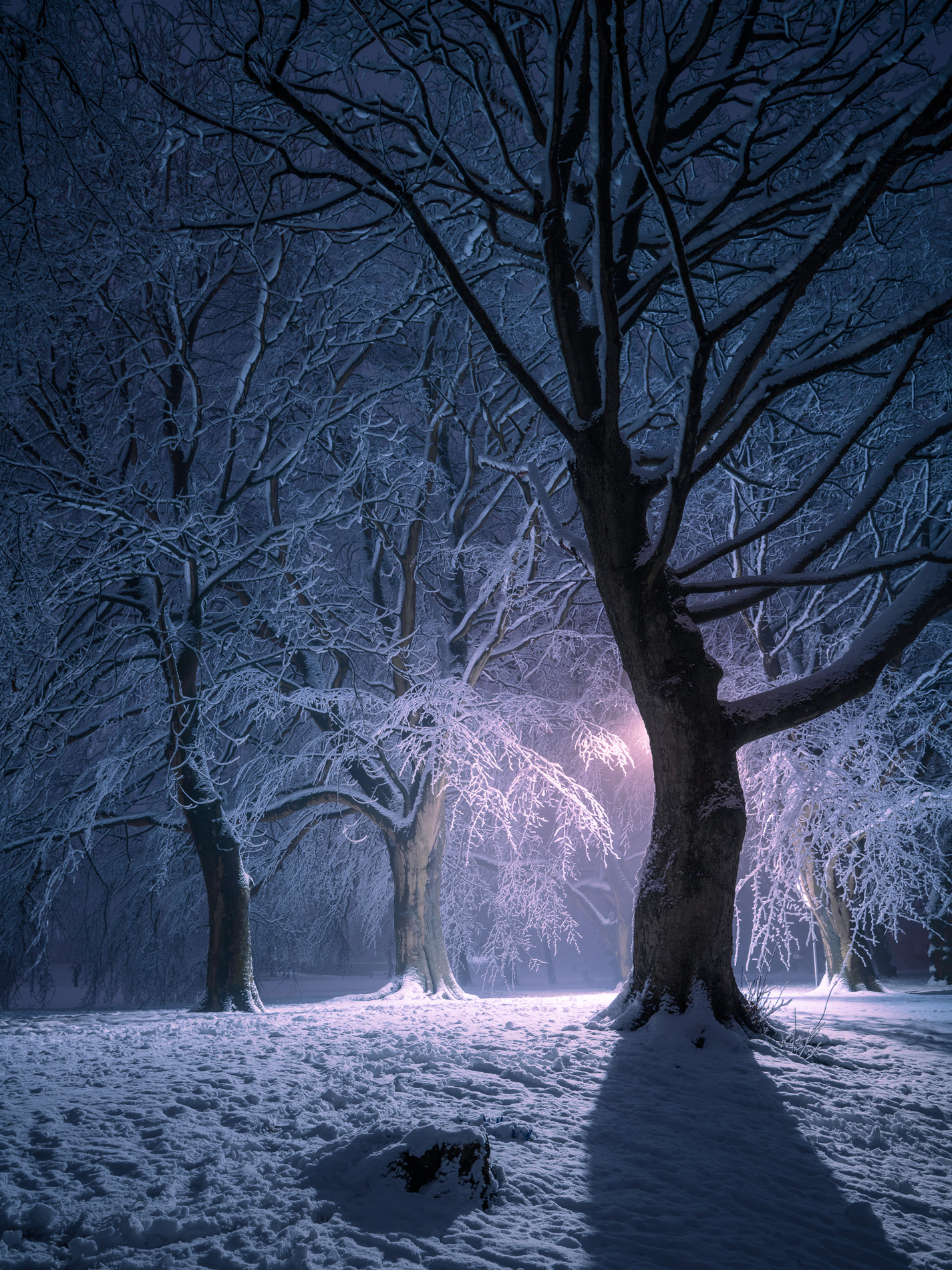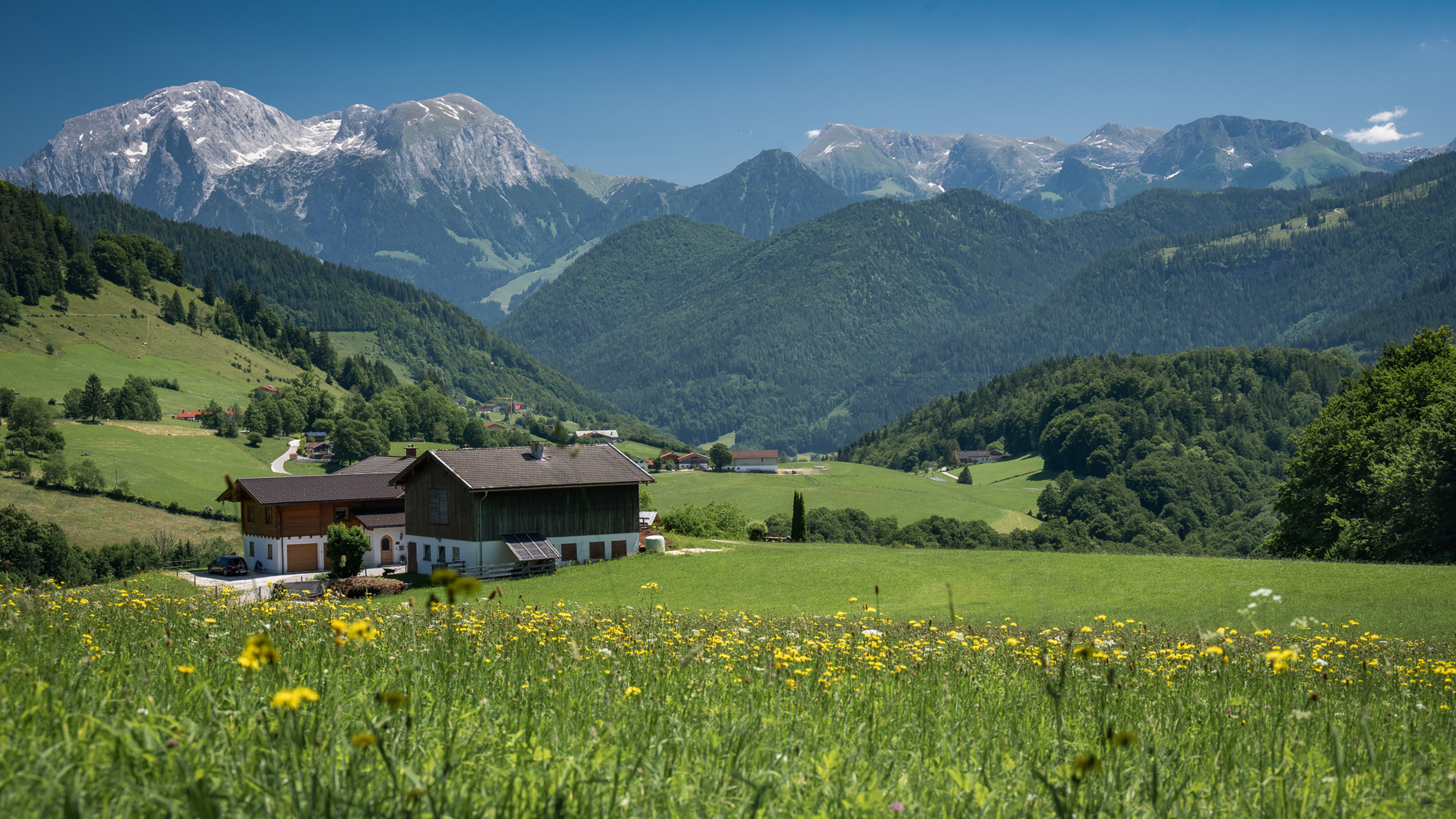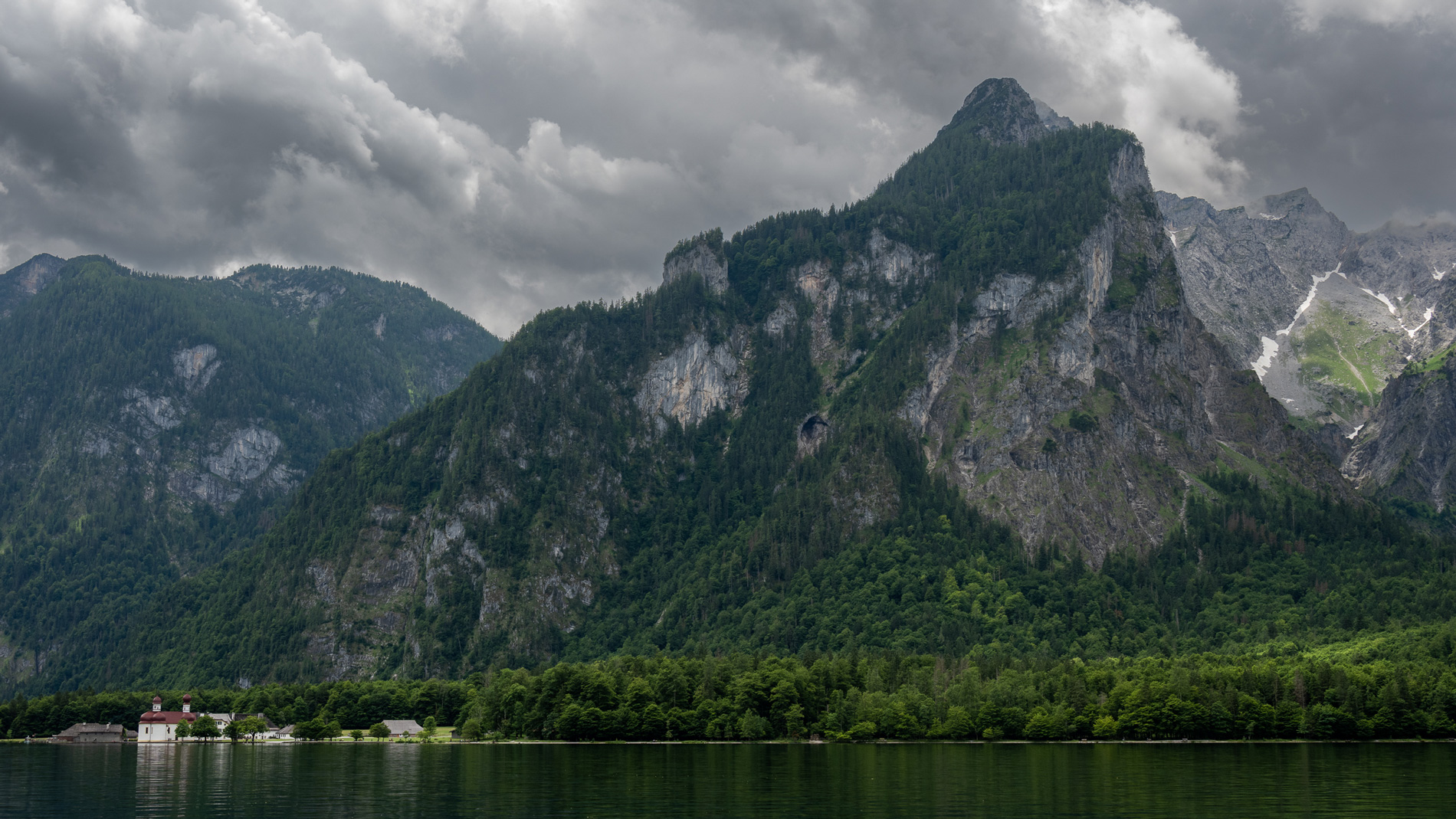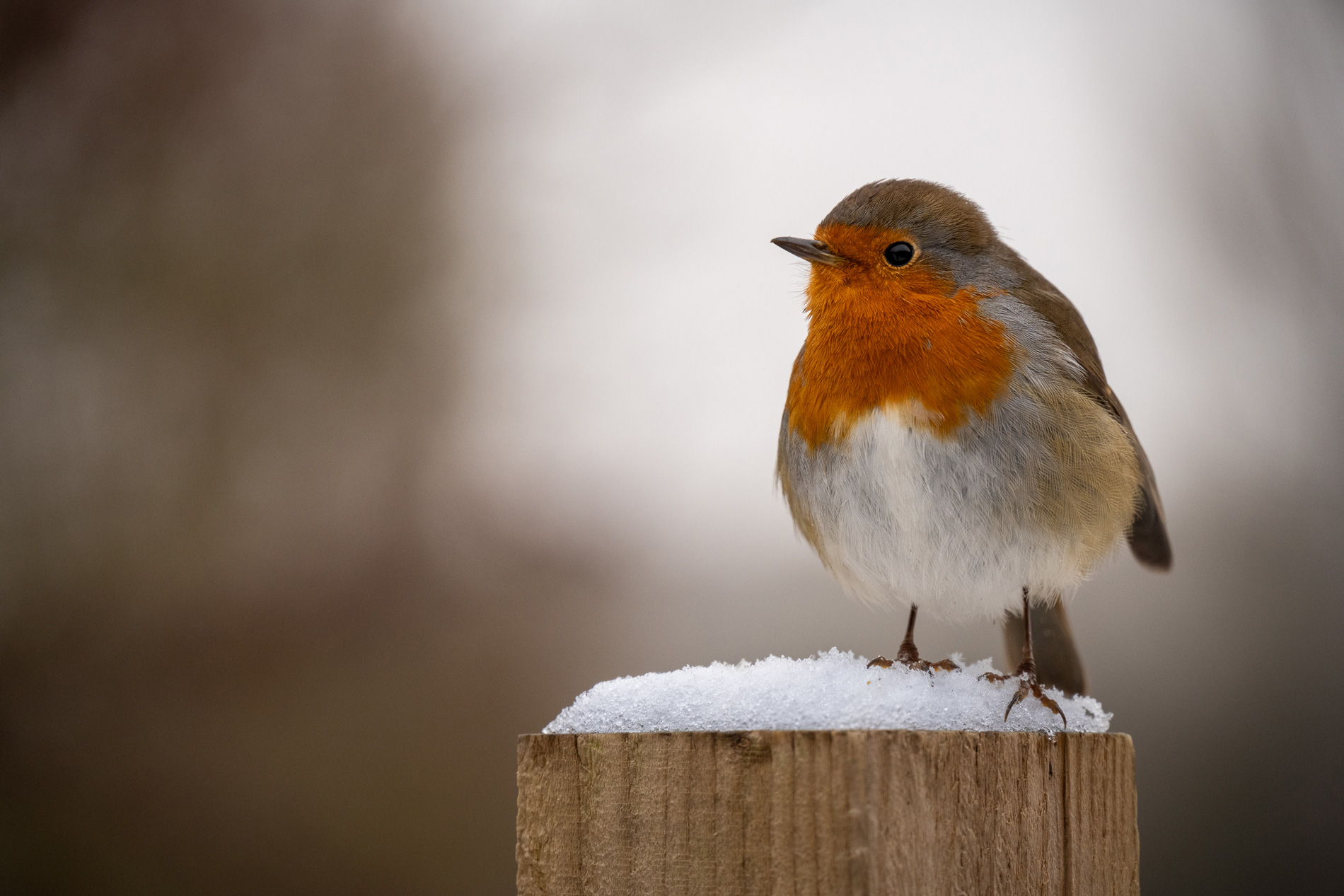5 Reasons Why Using a Dedicated Camera Is Better Than a Smartphone
April 3rd, 2024In today’s digital age, smartphones have become ubiquitous tools for capturing photos and videos on the go. However, despite the convenience and advanced technology packed into these devices, there are still compelling reasons to consider using a dedicated camera like a DSLR or mirrorless camera. In my latest video, I explored five key benefits of opting for a “real” camera over relying solely on a smartphone for photography.
Interchangeable Lenses
One of the standout features of DSLRs and mirrorless cameras is their ability to use interchangeable lenses. Unlike smartphones, which typically have fixed lenses or limited options for add-on attachments, dedicated cameras offer a vast array of lens choices. Whether you need a wide-angle lens for landscape photography or a telephoto lens for capturing distant subjects, the versatility provided by interchangeable lenses allows photographers to tailor their equipment to suit a variety of shooting scenarios.
Accessories such as Filters
Another advantage of using a DSLR or mirrorless camera is the extensive range of accessories available, including filters, flashes, and other essential photography tools. While there are aftermarket accessories designed to enhance smartphone photography, they often fall short in terms of quality and functionality compared to their counterparts for DSLRs and mirrorless cameras. Accessories like circular polarisers, for example, can significantly improve image quality by reducing glare and enhancing colour saturation, giving photographers greater creative control over their shots.
Control Over Camera Settings
Dedicated cameras offer photographers a level of manual control that smartphones simply can’t match. With the ability to adjust settings such as shutter speed, aperture, ISO, and white balance, users have greater flexibility in achieving their desired look and style. Whether it’s capturing fast-moving subjects with a high shutter speed, slowing it down to create long exposure effects or achieving a shallow depth of field for artistic reasons, the granular control afforded by dedicated cameras empowers photographers to express their creativity with precision.
Ergonomics
The ergonomic design of DSLRs and mirrorless cameras provides a more comfortable and secure shooting experience compared to smartphones. While smartphones are designed for portability and convenience, they can be awkward to hold for extended periods, leading to hand fatigue and potential mishaps. In contrast, dedicated cameras feature ergonomic grips and intuitive button layouts, allowing photographers to maintain a steady grip and focus on composing their shots without distraction.
Printing Photos at Large Sizes
For photographers who value print quality, dedicated cameras offer a significant advantage over smartphones. While modern smartphones boast impressive megapixel counts and image processing capabilities, they often fall short when it comes to producing high-quality prints, particularly at larger sizes. DSLRs and mirrorless cameras, with their larger sensors and superior image quality, deliver sharper, more detailed prints that showcase the full potential of the captured image.
So, while smartphones have revolutionised photography with their convenience and accessibility, there are distinct advantages to using a dedicated camera for serious photography enthusiasts. From the flexibility of interchangeable lenses to the precise control over camera settings and the ergonomic design, dedicated cameras offer a superior shooting experience and unparalleled image quality. So, if you’re ready to take your photography to the next level, consider investing in a DSLR or mirrorless camera and explore the endless creative possibilities that await.
You can check out my video on the subject, below:
